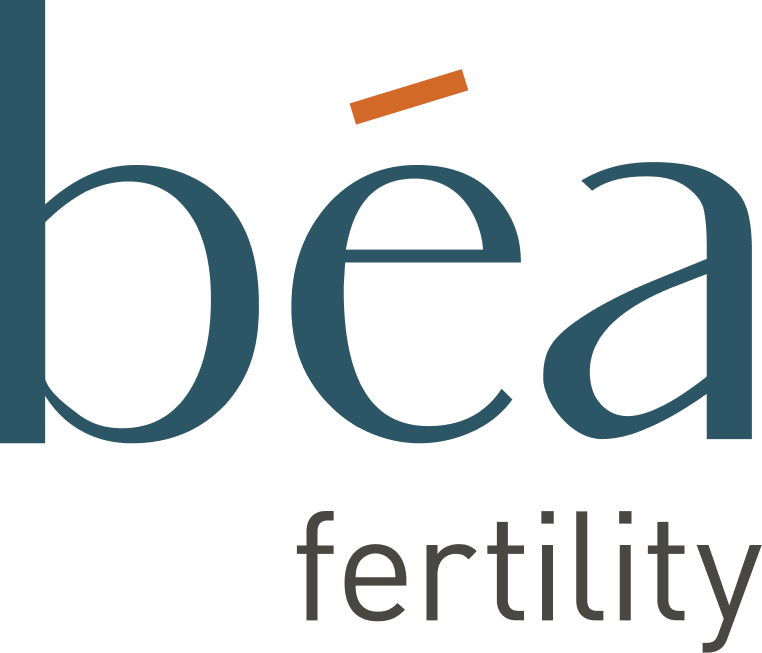If you’ve made the exciting decision to grow your family, then this is a very exciting time, but it can also come with some uncertainty. Advice and treatment options can be more confusing to navigate if you are LGBTQ+, and finding the right resources to help you is often difficult. Here you’ll find all the basics to help you understand which treatment options are available to you.
Intracervical insemination (ICI)
ICI is a fertility treatment that involves placing sperm near the cervix to aid conception. This can be performed using a cervical cap that will keep semen against the cervix for an extended amount of time. The purpose of this is to allow sperm to bypass the vagina (where the pH can have a negative impact on sperm), increasing the number of sperm near the cervix and cervical mucus (which is favourable to sperm), and allowing them to swim through the uterus and up the fallopian tubes to fertilise an egg.

Intrauterine insemination (IUI)
IUI is a treatment that puts sperm directly into the uterus. It can be performed during the menstrual cycle around ovulation or with fertility drugs during a medicated cycle. On the day of the IUI, the semen sample would be produced or thawed and processed in a laboratory. The sample is then inserted into the uterus using a thin catheter which runs through the vagina and cervix into the uterus.

In vitro fertilisation (IVF)
IVF is more complex than ICI and IUI but, for some people, it can be the best option. IVF requires that you undergo hormone stimulation to encourage your ovaries to produce multiple eggs. The eggs are then removed in a surgical procedure and fertilised with processed sperm in a laboratory. The embryos (fertilised eggs) are allowed to develop until they are ready to be transferred. An embryo transfer is then performed where an embryo is placed in the uterus using a catheter.

Intracytoplasmic sperm injection (ICSI)
ICSI is a method used to fertilise eggs during IVF. After egg collection, the eggs would first be assessed for maturity, as only mature eggs may be injected. Sperm would be selected under a high microscopic magnification and injected directly into the egg with a small needle. This method could be recommended in cases of male factor infertility.

Donor sperm
Donor sperm might be a necessary component for you when undergoing fertility treatment. There are a few different routes you can take to use donor sperm in order to conceive, however, the safest options are always to find a donor through a fertility clinic or to use a known donor in a fertility clinic. Going through a fertility clinic will ensure that the donor has had the proper health and fertility tests prior to donation and minimise any risks to you, your donor and your child.

Donor eggs
Much like donor sperm, many people need to use donor eggs in their fertility treatments. You can select your egg donor either through your clinic, from an egg bank or use eggs from a known donor. Your fertility clinic will ensure that the donor has had the proper health and fertility tests prior to donation and minimise any risks to you, your donor and your child.

Surrogacy
A surrogate – also known as a gestational carrier – is a female who carries and gives birth to a baby for another person. Some people use a friend or family member as a surrogate, while others find their surrogate through an independent agency. UK fertility clinics aren’t allowed to find one for you. Surrogacy involves a complex legal process, and the surrogate will be the legal mother of the child when it is born. For this reason, it’s recommended you seek independent legal advice when considering this treatment. It’s also important to note that in the UK, it is illegal to pay someone to be a surrogate, however, you will still have to cover their expenses for the duration of any treatment and the pregnancy.
For more information, read our guides for the above treatment options:
- Intracervical insemination
- Intrauterine insemination
- In vitro fertilisation
- Intracytoplasmic sperm injection
- Using donor sperm
- Using donor eggs
- Having treatment with a surrogate


Share:
Egg freezing
How to access the NHS when you’re LGBTQ+